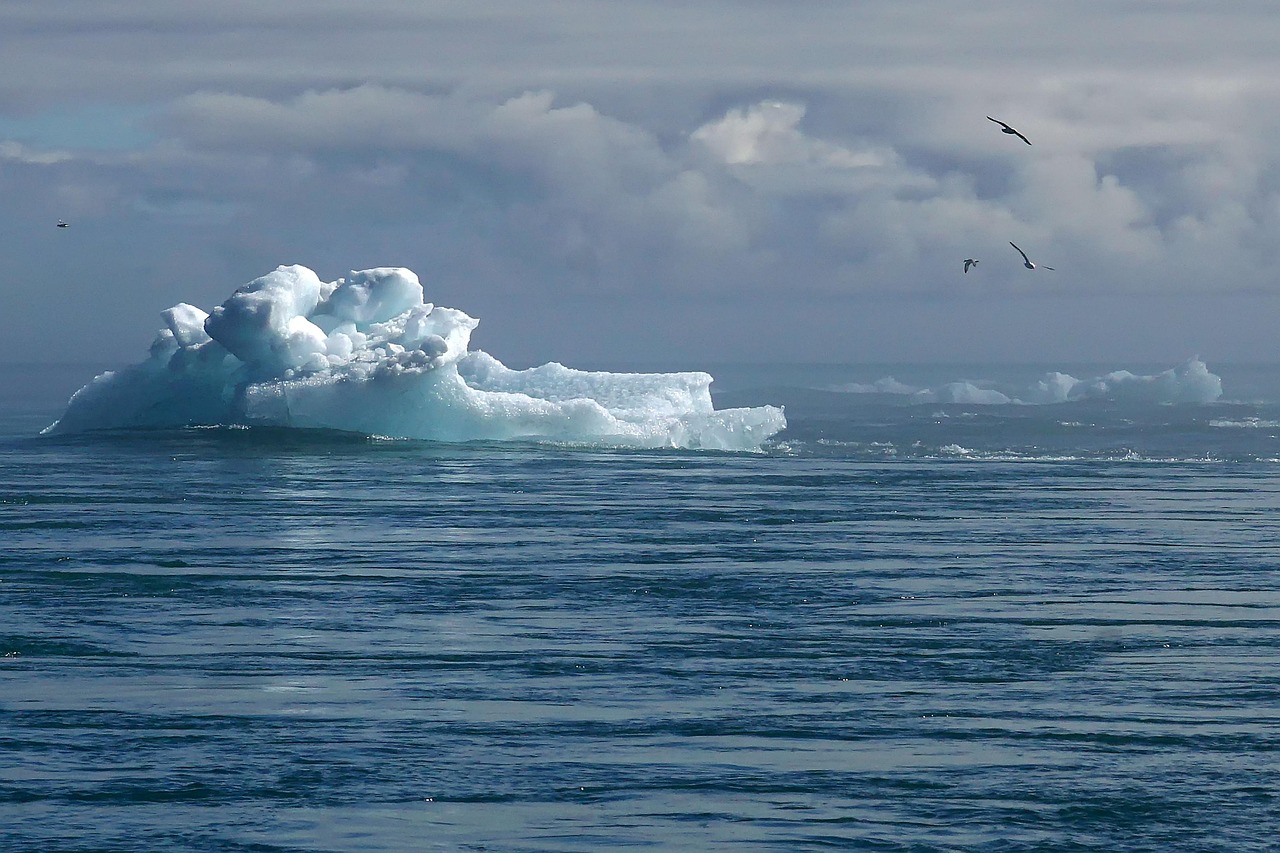The planet has officially crossed a catastrophic threshold that scientists have long warned about. According to the newly released Global Tipping Points Report 2025, warm-water coral reefs worldwide are now experiencing widespread mortality, marking the first major climate tipping point humanity has triggered.
Released today by the University of Exeter alongside 160 scientists from 87 institutions across 23 countries, the comprehensive assessment delivers a sobering message: the coral reef ecosystems that support nearly one billion people and a quarter of all marine species are collapsing in real-time.
Understanding the Tipping Point
Scientists have identified that coral reefs reach their critical tipping point when global temperatures rise approximately 1.2 degrees Celsius above pre-industrial levels, with a range between 1 and 1.5°C. With current warming hovering around 1.4°C, reefs have already crossed this threshold.
“We’re very confident that, unfortunately, we’re in the middle of the coral reef dieback,” explained scientists involved in the report, describing what is essentially “the collapse of coral reefs worldwide”.
The mechanism behind this collapse centers on coral bleaching—a stress response where rising ocean temperatures force coral to expel the colorful algae that provides them with nutrients and energy. When prolonged or severe, this bleaching becomes fatal.

The Scale of Devastation
The International Coral Reef Initiative reported in April 2025 that an estimated 84% of the world’s coral reefs were experiencing heat stress, representing “the most extensive and intense” mass bleaching event ever recorded. This unprecedented crisis is unfolding as repeated marine heatwaves batter reef systems across tropical oceans.
Even if global warming stabilizes at 1.5°C—the aspirational target of the Paris Agreement—warm-water coral reefs have over a 99% probability of tipping. The report makes clear that extensive reefs as humanity has known them will be lost unless global temperatures retreat toward 1°C warming or below.
However, the situation isn’t entirely hopeless. Small refuges and fragments of reef may survive with intensive conservation efforts that minimize additional stressors like overfishing and pollution.
Beyond Coral: More Tipping Points Loom
The coral reef collapse represents just the beginning. The report identifies several other Earth systems teetering on the edge of their own catastrophic tipping points.
The Amazon rainforest faces potential widespread dieback at temperature thresholds lower than previously estimated, with the lower range now starting at just 1.5°C when combined with ongoing deforestation. Over 100 million people depend directly on the Amazon’s ecosystem services.
The Greenland ice sheet is melting at an accelerating pace, currently shedding the equivalent of three Niagara Falls’ worth of freshwater into the North Atlantic every hour. This influx threatens to disrupt critical ocean currents that regulate weather patterns across the globe.
Call for Urgent Action
“We are rapidly approaching multiple Earth system tipping points that could transform our world, with devastating consequences for people and nature. This demands immediate, unprecedented action from leaders at COP30 and policymakers worldwide,” warned Professor Tim Lenton from the Global Systems Institute at the University of Exeter.
The report emphasizes that while negative tipping points loom, humanity still has the power to trigger “positive tipping points” through rapid decarbonization and removal of greenhouse gases from the atmosphere. The speed of action will determine how much additional damage occurs.
For coral reefs specifically, regional risk assessments and governance frameworks are urgently needed to prepare communities for the increasing loss of ecosystem services these reefs have historically provided.
As the world enters this “new reality” of having crossed the first major climate tipping point, the message from scientists is clear: the window for preventing additional catastrophic thresholds is closing rapidly, and the time for unprecedented climate action is now.
Sources:
Stockholm Resilience Centre - World reaches first climate tipping point: https://www.stockholmresilience.org/research/research-stories/2025-10-13-world-reaches-first-climate-tipping-point---widespread-mortality-of-coral-reefs.html
CBS News - Coral reefs become first environmental system to pass climate tipping point: https://www.cbsnews.com/news/coral-reefs-first-environmental-system-pass-climate-tipping-point-report-says/
University of Exeter - New reality as world reaches first climate tipping point: https://news.exeter.ac.uk/research/new-reality-as-world-reaches-first-climate-tipping-point/
Nature - Coral die-off marks Earth’s first climate ’tipping point’: https://www.nature.com/articles/d41586-025-03316-w
Featured image of bleached coral: https://upload.wikimedia.org/wikipedia/commons/thumb/0/08/Coral_bleaching.jpg/1200px-Coral_bleaching.jpg
